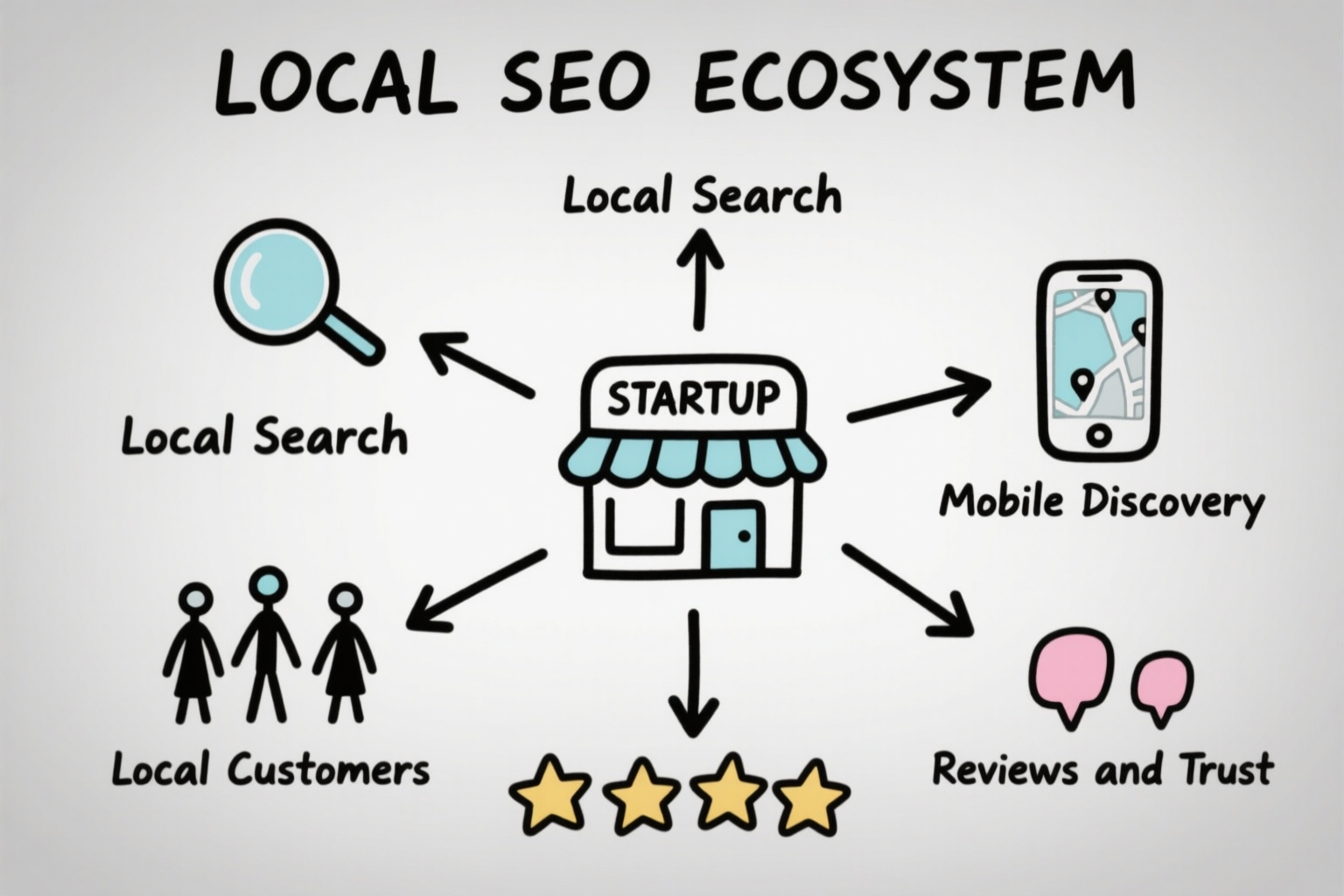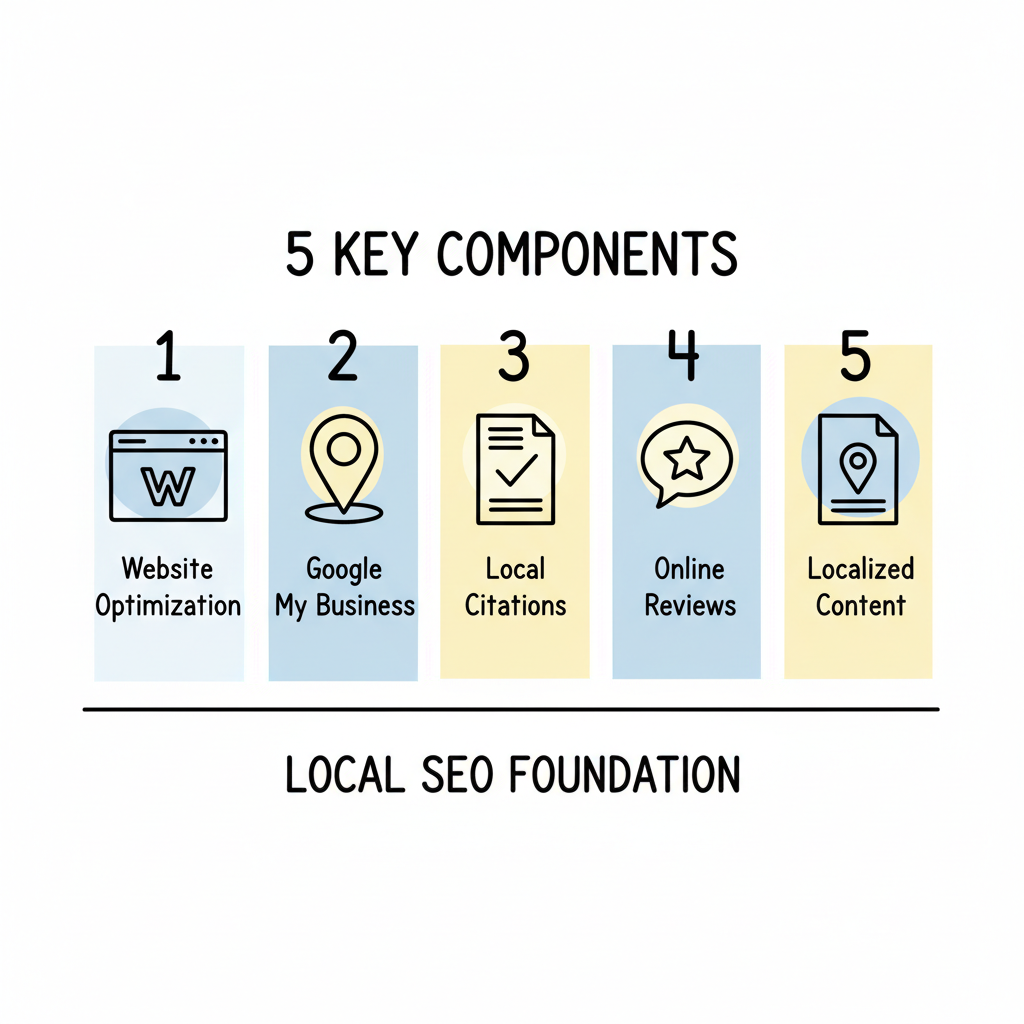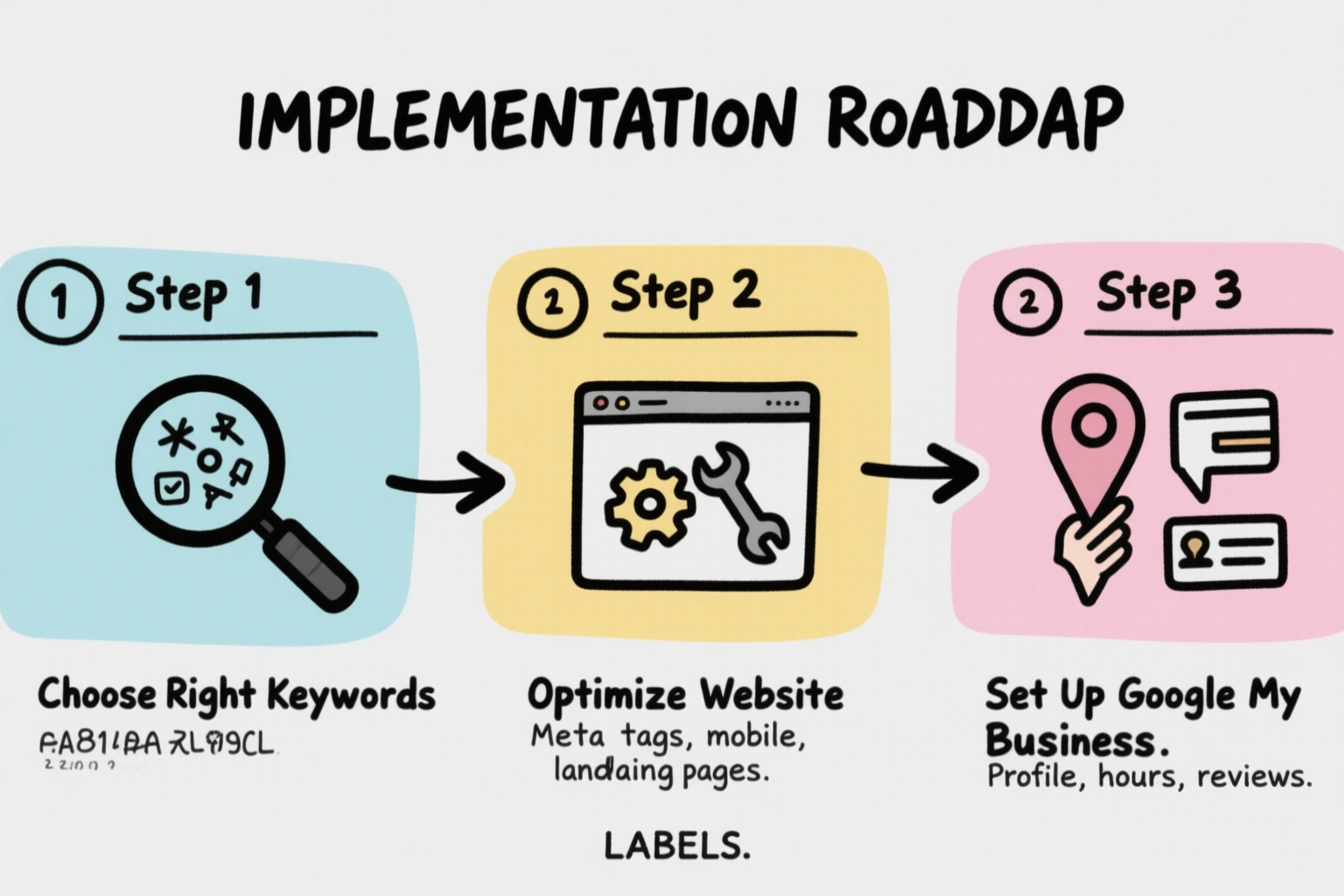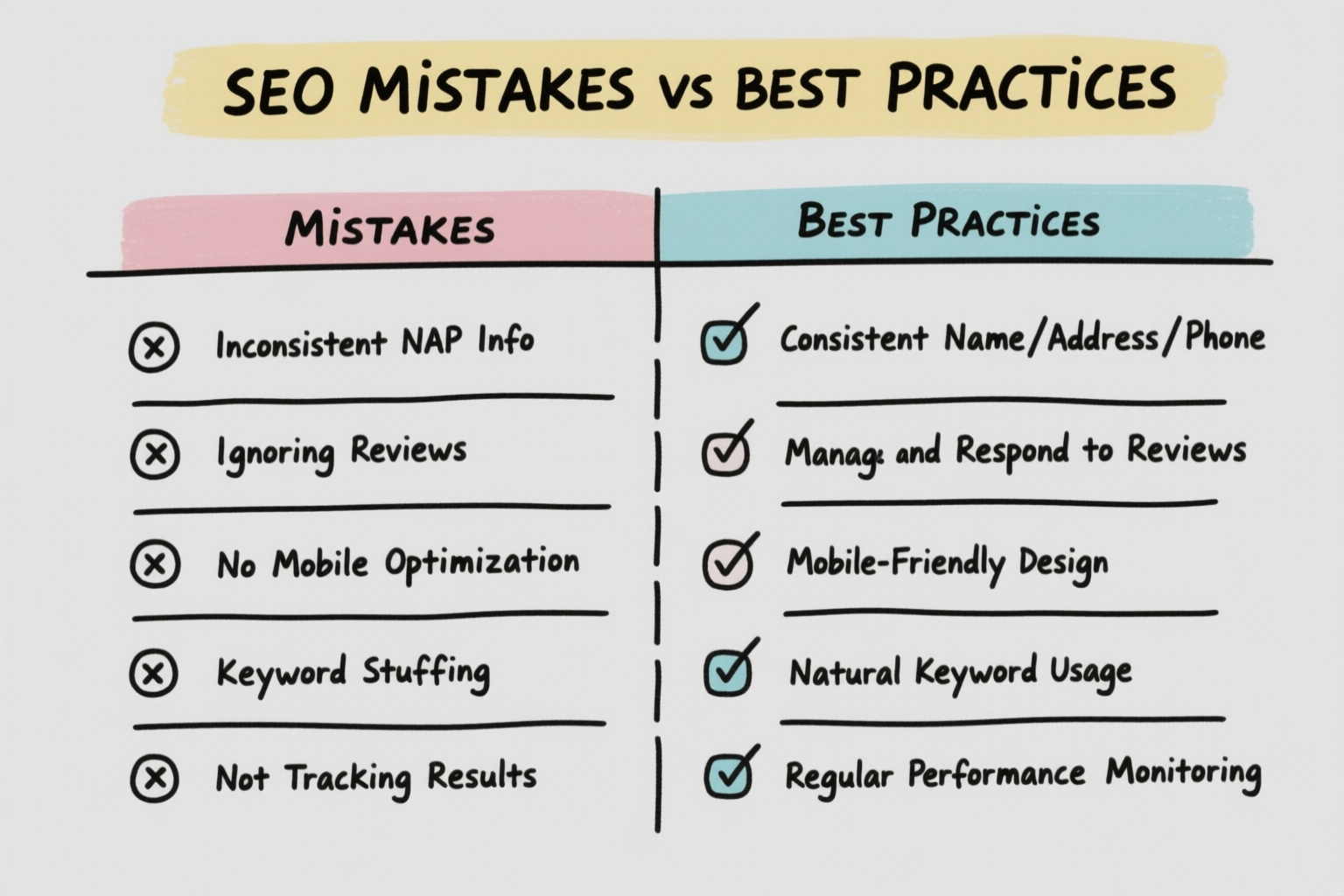Local SEO is an essential element for startups aiming to enhance their visibility and sales in the digital landscape. By focusing on optimizing their online presence for local searches, startups can connect with their target audience more effectively. In this article, we will explore the importance of local SEO for startups and discuss five key tactics to boost visibility and drive sales.

Local SEO plays a crucial role in the overall digital marketing strategy of startups. It enables businesses to target customers in specific geographic areas and capitalize on localized search intent. For startups, this means the ability to compete with established competitors and gain a foothold in the market.
When it comes to digital marketing, startups face numerous challenges in establishing their presence and attracting customers. The competitive landscape is often dominated by well-established companies with larger budgets and resources. However, local SEO serves as a powerful tool for startups to level the playing field.
By leveraging local SEO tactics, startups can optimize their online presence and increase their chances of appearing in top search engine results for location-specific queries. This increased visibility paves the way for enhanced brand exposure, organic traffic, and ultimately, improved sales.
In the ever-evolving digital landscape, local SEO serves as a powerful tool for startups to navigate the competitive market. It goes beyond simply optimizing a website for search engines; it focuses on targeting a specific audience based on their location.
Local SEO involves various strategies, such as optimizing website content with location-specific keywords, creating and optimizing Google My Business listings, and generating positive reviews from local customers. These tactics help startups establish a strong online presence in their target market, making it easier for potential customers to find them.
Furthermore, local SEO allows startups to tap into the growing trend of mobile search. With the increasing use of smartphones and location-based services, consumers are frequently searching for products and services while on the go. By implementing local SEO strategies, startups can ensure that their business appears in relevant search results when potential customers are looking for nearby solutions.
Local SEO directly impacts a startup's visibility and sales by ensuring their offerings appear in the right place at the right time. By optimizing their online presence for local searches, startups can attract highly targeted traffic from potential customers looking for products or services in their area.
When a startup's website ranks high in local search results, it increases the chances of being discovered by potential customers who are actively seeking solutions in their vicinity. This targeted traffic is more likely to convert into paying customers, resulting in increased sales and revenue for the business.
Moreover, local SEO helps startups build trust and credibility among local consumers. Positive reviews, accurate business information, and a strong online presence contribute to a favorable perception of the startup's brand. This, in turn, leads to higher customer engagement, repeat business, and positive word-of-mouth referrals.
In conclusion, local SEO is a vital component of a startup's digital marketing strategy. By implementing effective local SEO tactics, startups can improve their visibility, attract targeted traffic, and ultimately drive sales. It allows startups to compete with established competitors on a local level and establish a strong foothold in their target market.
Successful implementation of local SEO tactics requires an understanding of its key components. By focusing on the following elements, startups can lay a strong foundation for their local SEO strategy:

When it comes to local SEO, there are several key components that businesses need to consider. One of the most important aspects is website optimization. This involves ensuring that the website is properly optimized with relevant keywords, meta tags, and content that specifically targets the local audience. By doing so, businesses can increase their chances of appearing in local search results and attracting potential customers in their area.
In addition to website optimization, another crucial component of local SEO is Google My Business. This platform allows businesses to set up and optimize their Google My Business profile, which can significantly improve their local search visibility. By providing accurate and up-to-date information about their business, such as address, phone number, and operating hours, businesses can make it easier for potential customers to find them online.
Local citations are also an essential aspect of local SEO. These citations involve establishing consistent and accurate business information across various online directories, review sites, and social platforms. By ensuring that the business's name, address, and phone number are consistent across these platforms, businesses can boost their credibility and improve their chances of appearing in local search results.
Online reviews play a vital role in local SEO as well. Encouraging customers to leave positive reviews on platforms like Google, Yelp, and Facebook can help build credibility and attract more customers. Positive reviews not only improve the business's reputation but also increase its visibility in local search results, making it more likely for potential customers to choose their products or services over competitors.
Lastly, creating localized content is crucial for a successful local SEO strategy. By developing high-quality, localized content that resonates with the target audience and addresses their specific needs or pain points, businesses can establish themselves as experts in their field and attract local customers. This can be achieved through blog posts, articles, or even videos that provide valuable information and insights tailored to the local community.
It's important to understand the relationship between general SEO practices and local searches. While general SEO tactics focus on improving organic search rankings, local SEO tactics narrow down the focus to target specific geographical areas. By implementing both strategies simultaneously, startups can maximize their visibility in search engine results pages, increasing their chances of attracting local customers.
General SEO practices aim to improve a website's visibility in search engine results pages (SERPs) by optimizing various aspects such as keywords, meta tags, and content. This helps businesses attract organic traffic and reach a wider audience. However, when it comes to local searches, businesses need to narrow down their focus to target specific geographical areas where their target audience is located.
Local SEO tactics take into account the geographical location of potential customers and optimize the website and online presence accordingly. By incorporating local keywords, creating localized content, and establishing accurate business information across various platforms, businesses can increase their chances of appearing in local search results when users search for products or services in their area.
By implementing both general SEO practices and local SEO tactics simultaneously, startups can maximize their visibility in SERPs. This means that businesses have a higher chance of appearing in both general organic search results and local search results, increasing their overall online presence and attracting a larger customer base.
In conclusion, understanding the key components of local SEO and the relationship between general SEO practices and local searches is crucial for startups looking to establish a strong online presence in their local market. By optimizing their website, utilizing Google My Business, managing local citations, encouraging online reviews, and creating localized content, businesses can improve their visibility in search engine results and attract more local customers.
Now that we have covered the fundamentals, let's delve into five actionable local SEO tactics that startups can implement to boost their visibility and drive sales:

Keywords play a significant role in local SEO efforts. Startups must conduct thorough keyword research to identify the most relevant and high-traffic keywords specific to their target location. By incorporating these keywords naturally into their website content, startups can increase their chances of ranking higher in local search results and attracting local customers.
Startups should optimize their website to cater to local search intent. This includes optimizing meta tags, titles, and descriptions with location-specific keywords. Additionally, startups should create location-specific landing pages to target different areas they serve. By ensuring their website is easily navigable, mobile-friendly, and optimally structured, startups can improve their overall online visibility, leading to increased organic traffic and sales.
Google My Business (GMB) serves as a vital tool for startups aiming to enhance their local SEO presence. By setting up and optimizing their GMB profile, startups can increase their chances of appearing in the coveted local pack and map results. Startups should ensure their GMB profile is complete, accurate, and regularly updated with relevant business information, including operating hours, contact details, and customer reviews.
A comprehensive local SEO strategy requires ongoing monitoring and adjustments to ensure optimal results. Startups should leverage various tools to track their local SEO performance, such as Google Analytics and Google Search Console. By analyzing key metrics, startups can identify any areas of improvement and make necessary adjustments to their local SEO tactics. Regular monitoring and fine-tuning of the strategy can lead to improved visibility, increased organic traffic, and higher sales conversion rates.
Based on the insights gained from monitoring performance, startups should continually refine and adjust their local SEO tactics. This may involve modifying website content, updating local citations, or refining keyword targeting strategies. By staying proactive and adapting to changes in search engine algorithms and user behavior, startups can ensure their local SEO strategy remains effective and delivers sustainable visibility and sales growth.
While implementing local SEO tactics, startups must be aware of common mistakes that can hinder the success of their strategy. By avoiding these missteps, startups can maximize the effectiveness and efficiency of their local SEO efforts:

To ensure the effectiveness and efficiency of their local SEO strategy, startups should focus on implementing best practices and staying up-to-date with the evolving digital landscape. By continuously monitoring performance, adapting to changes, and avoiding common pitfalls, startups can maximize their visibility, attract local customers, and ultimately boost their sales and business growth.
By submitting this form, you agree to our Privacy Policy and Terms & Conditions.